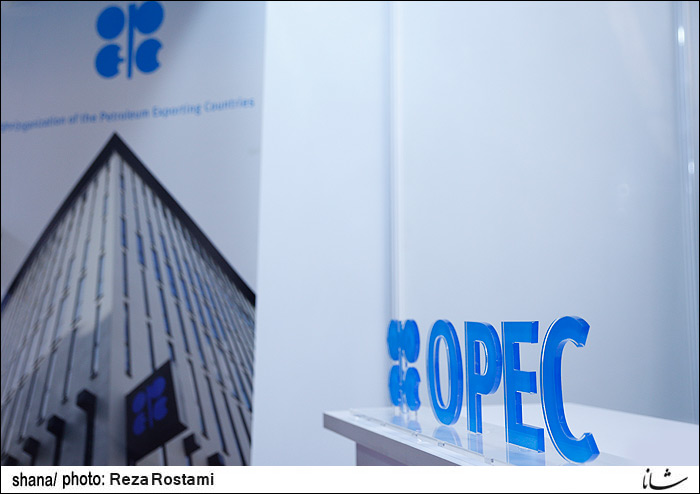In a roundtable TV debate, Iran OPEC expert Mehdi Assali said OPEC's November 30 decision fortified its position for the sake of its revival.
Assali said Iran holds an "exceptional" position in the OPEC. "14 OPEC members cut their output share by 4.5 percent, while Iran will increase its daily production by 90,000 barrels rather."
He said within the first 10 years from its establishment, OPEC relied mostly on the taxation system and the way to increase its income. Also, the members tried to nationalize their oil industry following Iran and Venezuela model, he added.
In the second period and with jump of oil prices, the system of price coding was not in control of the major international companies, rather OPEC was to be the one to decide, added the expert.
OPEC Rosy Future
Assali said today, while improving the oil industry in the member countries, OPEC, which holds 53 percent of the market under its contril, manages the market supply.
The OPEC expert said, "Since certain OPEC members like Iran and Iraq pay the least cost for the production, I am highly optimistic with future of the Organization. OPEC comprises a group of independent states, who have got together to gain profit. Since 1982, rationing system has been in force in the Organization and a committee, comprising ministers of the member countries, was formed to oversee well observation of the quota system. Based on the statistics available, since 1982, the quota system has been honored by 65 percent."
Oil Price Rise Depending on Cut in Specified Quota
The OPEC expert referred to the storage of 300 million barrels oil surplus in the inventories of the developed states and the need for their reduction, hoping that by the next six months, 200 million barrels of oil stored in the inventories will be cut so that the price will go high.
Assali noted that Saudi Arabia had in the past nine months failed to keep producing 10.7 million barrels oil and Iraq also was unable to pay off its debts to the oil producing companies, being interested to cut the production.
He said the extra oil production capacity of OPEC has been minimized to the least possible amount, i.e. 1.5 million barrels per day, raising hopes that in the next six months and through observing the quota cut by major oil producers, the output cut will be possible.
Assali, referring to proven oil reserves of Russia, which is half that of Iran while yielding 11 million barrels per day, said Iran's proven oil reserves is 160 billion barrels and it is possible that the country will reach the status of producing as many as 5.2 million barrels per day as of next five years.
The senior energy expert said in the past 20 years, Iran embarked on substituting oil with gas in various sectors, especially power plants and cars, so, increase in the oil production capacity will result in production of other oil derivatives and generation of value-added.
The oil expert said the best channel the oil revenues can be spent is training qualified workforce, building up security and raising the health and medication levels.
"Studies show that in countries like Norway and Canada, where democracy standards are dramatically high, oil revenues are spent at maximum care. In Saudi Arabia, though being a kingdom state, the revenues are spent with maximum care, though at times on non-profitable targets. In countries like … Libya, Venezuela and Algeria, where there is harsh political competition and democracy is not well in force, sometimes the petrodollars are spent unjustifiably."
Meanwhile, member of Iran Chamber of Commerce, Industries, Mines and Agriculture, Ali Shams Ardakani hailed the OPEC's November 30 decision, which has given way to oil price hike and said based on estimates, up to 100 billion dollars will be gained out of oil sale annually.
"The windfall income should be well managed and spent on development of the country," said Ardakani.
For the time being, up to 100 million barrels per day oil is produced in the world markets, said the official, adding that oil prices have reached 60 dollars from 50 dollars in the past and OPEC with a production of more than 30 million barrels oil per day, is experience 10 dollar difference in the price. "This is an economic opportunity: 300 million dollar more asset is daily injected."
Translated by Behnaz Hossein Gholipour


Your Comment